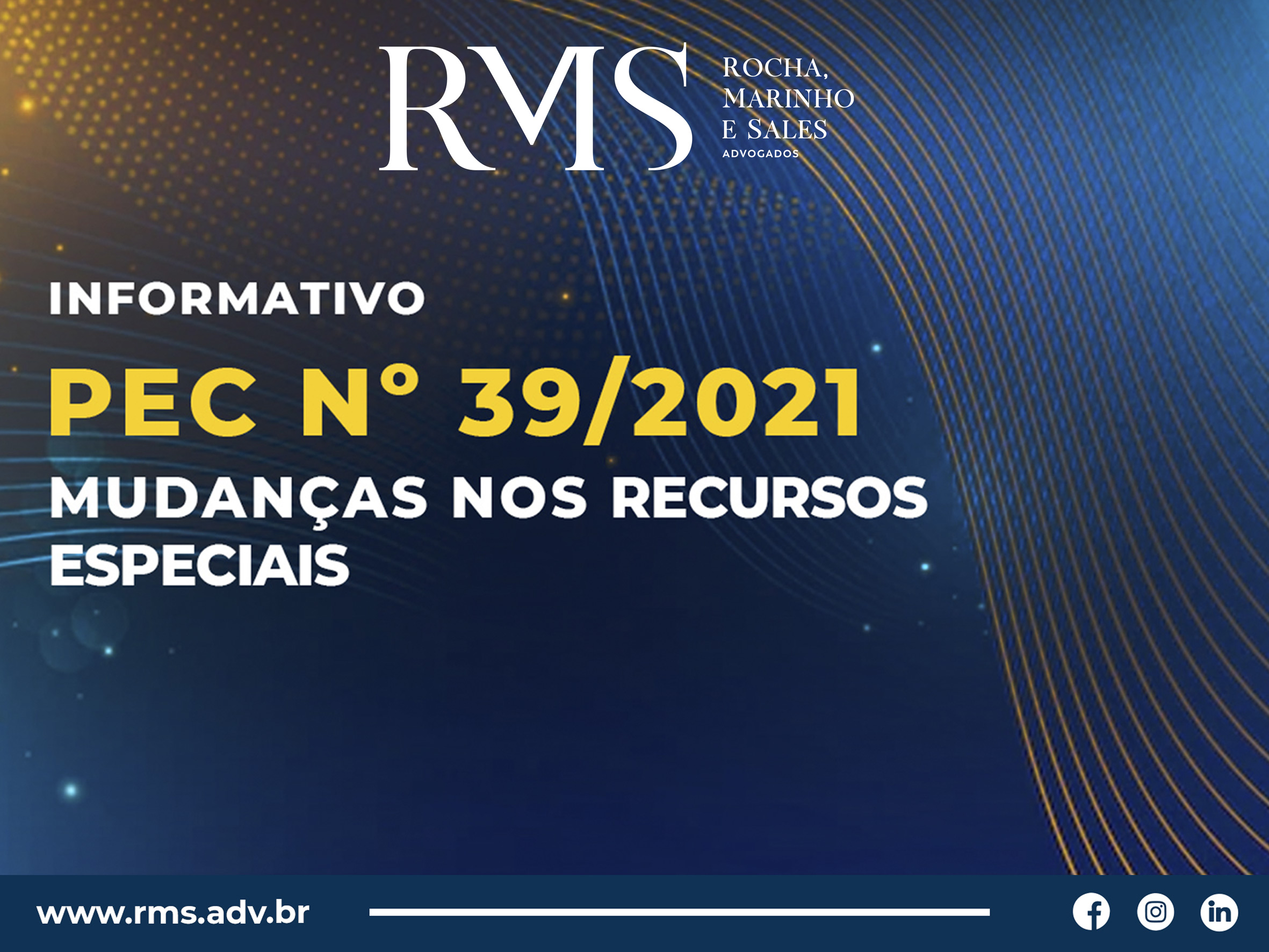CNJ PUBLISHES RESOLUTION ON ARTIFICIAL INTELLIGENCE IN JUDICIAL POWER
12/02/2021

Resolution nº 332/2020 of the National Council of Justice (CNJ) was published in the edition of the Diário de Justiça on August 25
Published in the edition of the Diário de Justiça on August 25, Resolution No. 332/2020 of the National Council of Justice (CNJ), focused on the use of Artificial Intelligence (AI) in the Judiciary, particularly with regard to the establishment of governance criteria , in order to guide the development of AI systems in this space. The preamble makes clear, in this sense, the concern with the protection and guarantee of fundamental rights, compliance with ethical criteria and emphasis on data protection and privacy.
Still in the preamble there is an express mention of the “European Ethical Charter on use of artificial intelligence in judicial systems”, prepared by the European Commission for the Efficiency of Justice (CEPEJ), which has already been analyzed here. The document announces a set of principles capable of guiding public policy makers, legislators, legal professionals, among other stakeholders involved with AI systems that process judicial decisions and data.
It is important to reiterate that, in July 2020, the School of International and Public Affairs (SIPA), from Columbia University, in partnership with the Institute of Technology and Society (ITS) of Rio de Janeiro, at the request of the CNJ, released the research “The future of AI in the Brazilian judicial system”, analyzed in ClickJus, which, without a doubt, supported the elaboration of Resolution nº 332/2020. The study had, among others, the objective of suggesting parameters and evaluation mechanisms for a collaborative AI governance model applied to the Judiciary in Brazil.
Resolution No. 332/2020 expressly consigned the possibility of using AI systems to support judicial decisions and assist in the preparation of these, even though internationally it is a reason for debate. Thus, the resolution highlights ethical criteria (equality, non-discrimination, plurality, solidarity, fair trial) in the preamble and caput of article 7 that should guide AI systems that matter in solutions in these areas.
Likewise, there is a link between the existence of an algorithmic bias and the discontinuity of the solution (art. 7, §§ 1 to 3), the requirements for explanability and human supervision (art. 19, caput and single paragraph) and discouragement the use of AI systems in criminal matters in relation to predictive analysis, with the exception of the automation of elements related to the calculation of penalties, screening of records, mapping, prescription, among others (art. 23, caput and § 1). In addition, with regard to the verification of recidivism in criminal matters, Resolution No. 332/2020 emphasizes that AI systems should not indicate a conclusion more harmful to the defendant than that which the magistrate would reach without its use (art. 23, § 2).
In this context, the predictions regarding the risk-based approach are highlighted (art. 8, III and art. 25, V); use of a sufficiently large data set (art. 6); audit possibility (art. 8, V and VI); duty of information to external users and the non-binding nature of the proposal for the solution provided by the AI system, which will always be submitted to the analysis of the competent authority (art. 18); preponderance of the autonomy of internal users (art. 17); transparency regarding the disclosure of AI systems used by the Judiciary in Brazil (art. 11).
Finally, the purpose of Resolution 332/2020 text is in line with the Constitution, treaties that Brazil is a signatory, ordinary legislation and, especially, the axiological framework on which the national democratic political regime is based.
By Wilson Sales Belchior




